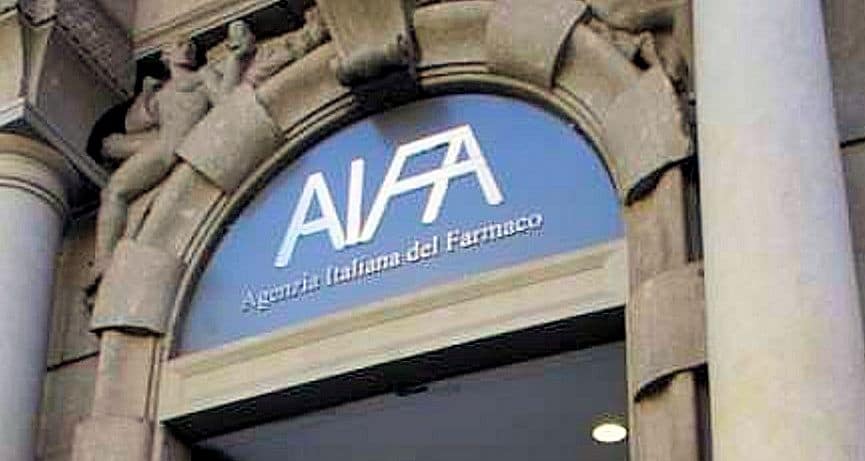On the non-superimposability of retail and distribution wholesale of drugs, as set out in the opinion of the Ministry of Health of 2 October 2015, Aifa and the drug supply chain are not willing to take steps backwards. And they reiterate the line sanctioned by the protocol on deficiencies last September: the legislation excludes that medicines can leave the pharmacy and take the path of the wholesaler rather than that of the public. It is one of the points that emerged most clearly from the meeting of the Table on shortages hosted yesterday at the Medicines Agency. A different session from the previous ones, because for the first time since the working group took office there was also a representation of the National Association of Pharmacists-Wholesalers at the table.
The pharmacists-wholesalers, said the director of the Agency in closing, do not rely on the sentence of the Lazio Tar which last December seemed to have proved them right: the judges have only clarified that the ministerial opinion has no binding value and therefore cannot be challenged, but on the salient points of the September protocol the Court agreed in Aifa and the supply chain.
In the second part of the session the analysis resumed the minimum requirements that the law places on distributors. The wholesalers' proposal was to revise the obligation to hold the 90% of the authorized references given that materially – between deficiencies and various unavailability – it is almost impossible to comply with the indication. The numbers and volumes of the various product categories were reviewed and discussions began on the hypothesis of linking the 90% ceiling not to the 8,730 specialties currently registered in level A but to a lower number, around 6-7 thousand. The comparison will continue in the next session.
